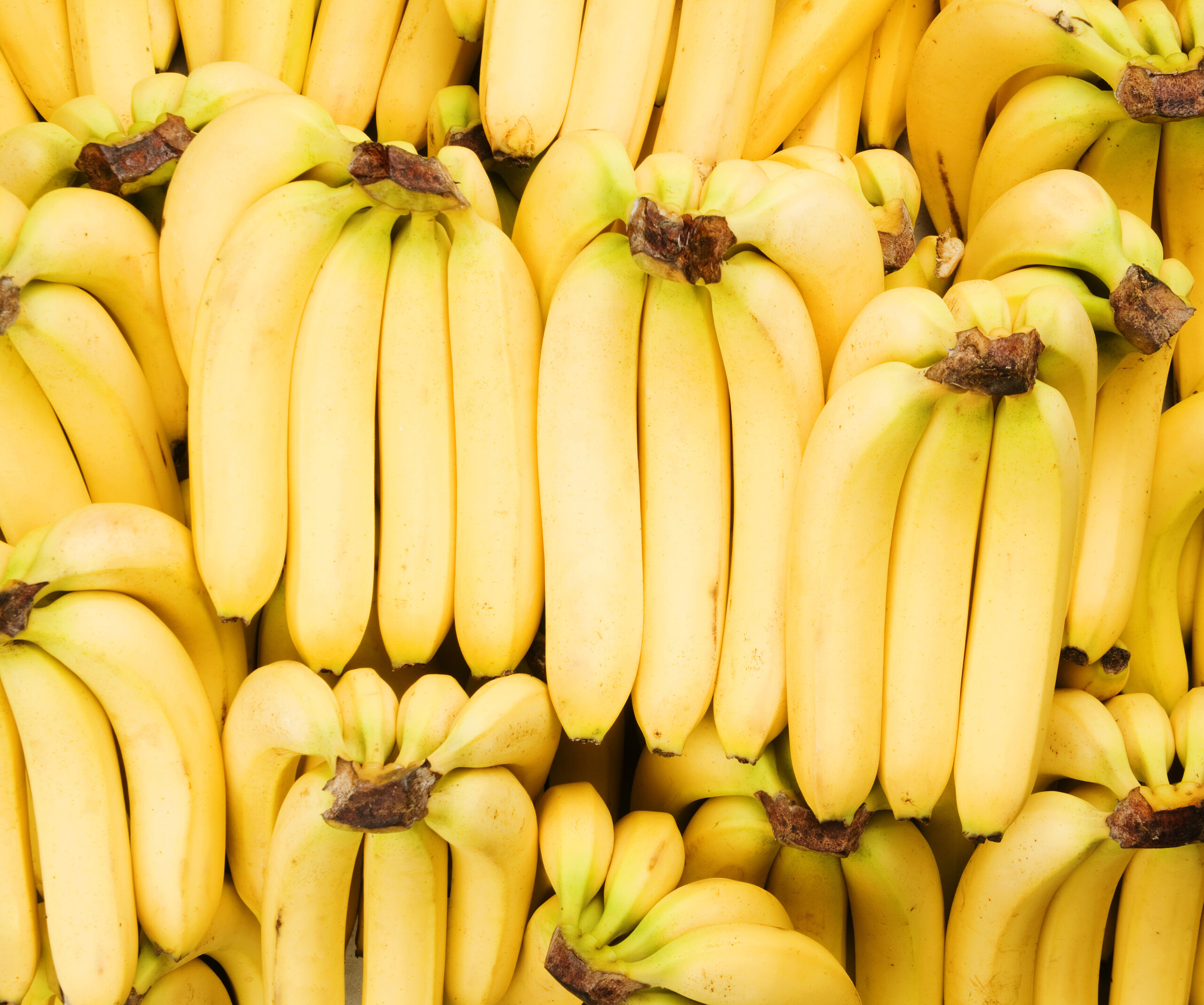Whether you like it on toast, or in guacamole, smoothies, sushi or salads, you’ll know avocados are pretty good for you, but we’re here to tell you that this creamy Mexican fruit is actually a true superfood.
Some people are wary of them due to their high fat content, but unlike the trans fats found in deep-fried food and saturated fats found in meat and dairy, avocados are full of monounsaturated fatty acids, which most people don’t need to shy away from.
Eat your heart out
The most abundant fatty acid in avocado is oleic acid, which is also found in olive oil. This type of fat has been linked to reduced inflammation in the body, an increase in high-density lipoprotein (HDL) cholesterol, a decrease in low-density lipoprotein (LDL) cholesterol and reduced blood pressure.
Clinical trials have repeatedly demonstrated that including avocado in your diet is beneficial for cholesterol levels and blood lipid profiles.
A study from Wesley Hospital in Brisbane showed that consuming a diet enriched with avocado is effective in decreasing our bad cholesterol (LDL), without decreasing our levels of good cholesterol (HDL). Research from Pennsylvania State University produced similar results, concluding that avocado can help to prevent arteriosclerosis, thus reducing the risk of a heart attack.

For a healthy heart, avocado gets a big tick.
(Image: Getty Images)Full of it
Avocados are a good source of different vitamins and minerals, including vitamin C, E, K, B5, B6, potassium (did you know they contain more than bananas?), magnesium and folate. Many of these nutrients are important for energy, so a little avocado each day can be a way to put some pep in your step.
Vitamin C boosts the body’s absorption of iron from food, and iron plays a key role in transporting oxygen throughout the body – hence fatigue and dizziness are symptoms of a deficiency. Vitamin C is a key nutrient used in collagen production too. Vitamin E helps with several bodily functions, from the immune system to skin health.
READ MORE: Are bananas healthy? A nutritionist reveals the answer.

Did you know avocados contain more potassium than bananas?
(Image: Getty Images)The carotenoid antioxidants lutein and zeaxanthin in avocados also work to reduce our chances of eye conditions.
During pregnancy, add a few avocados to your shopping list each week for the folate they contain, which is vital for healthy foetal development. Being creamy and nutrient-dense also makes them a great food for kids.
On days that you work out, as well as eating some good-quality protein, enjoy some avocado as they contain many of the essential amino acids required for protein synthesis, and muscle repair and recovery.

Avocados are great for pregnant women as they contain folate which is vital for healthy foetal development.
(Image: Getty Images)The fat paradox
If you’re trying to lose weight, it can be tempting to ditch high-fat foods such as avocado from your diet, as fat contains twice the amount of calories per gram than carbs or protein. But you shouldn’t!
The fat in your diet and the fat on your body are very different things. According to Dr Libby Weaver, healthy fats are crucial for stabilising blood glucose levels and can help curb sugar cravings.
The combination of abundant fat and fibre in avocado leaves us feeling satiated for longer without any blood sugar spikes, meaning you’re less likely to feel like heading to the vending machine or back
to the fridge.
WATCH: Seven ways to eat an avocado. Post continues after video…
At the end of the day, this can result in a lower overall calorie intake and better weight loss. There’s also a strong link between a high-fibre diet and a lower risk of many diseases.
READ MORE: Feeling constipated? These are the fibre-rich foods you need to eat.
Some nutrients (such as vitamin A, D, E K and some antioxidants) are fat soluble, which means that they need to be combined with fat in order to be properly absorbed and utilised by the body. Because of this, embarking on a low-fat diet can actually be detrimental to your health if it means you end up absorbing less of the good stuff.
Having said all this, as delicious as it would be to eat avocado at every meal, like everything else, it should be eaten in moderation. Although avocados come straight from the tree and are incredibly good for you, eating beyond your energy needs will result in weight gain. Half an avocado per day is a good amount for the average person.


